Foreign land acquisitions in Africa: Implications for trade, investment and development policies
- TRAPCA
- 14 September 2011
This 2011 trapca Trade Conference will be held in Arusha, Tanzania, on 24-25 November 2011

This 2011 trapca Trade Conference will be held in Arusha, Tanzania, on 24-25 November 2011

El pedido de la presidenta Cristina Fernández, a pocos días de haber ganado con contundencia las elecciones primarias del 14 de agosto, de que se trate la ley sobre propiedad de la tierra, aún no encuentra eco en el Congreso.

Darío Aranda reflexiona sobre el comportamiento de los grandes medios de comunicación y los periodistas acerca de la invisibilización de la opinión de campesinos e indígenas.

New research accuses the World Bank Group's policies of facilitating land grabs in Africa and favouring the interests of financial markets over food security and environmental protection.
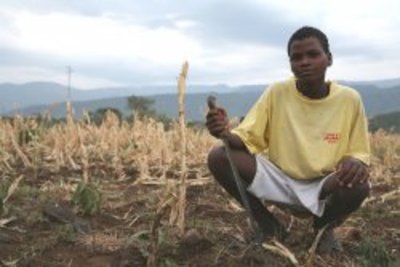
Land and water grabs spell disaster for rural people and rivers
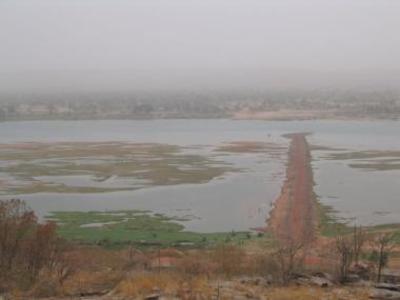
La Coalition des alternatives pour le développement (CAD) au Mali s’érige en défenseur des paysans de la zone Office du Niger, dont plusieurs d’entre eux se sont vu déposséder de leurs terres par des sociétés étrangères.

"We found little evidence that such large-scale acquisitions have helped to provide food and jobs to the local population. More than three quarters of the deals are yet to demonstrate improvements in agricultural output," says the chair of a UN high-level panel of experts on land tenure and international investment in agriculture
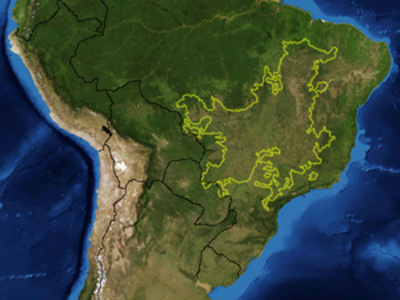
Agrifirma, a private investment company backed by financier Lord Rothschild, transferred around half of its assets to a new joint venture with Brazilian private equity firm BRZ Investimentos.
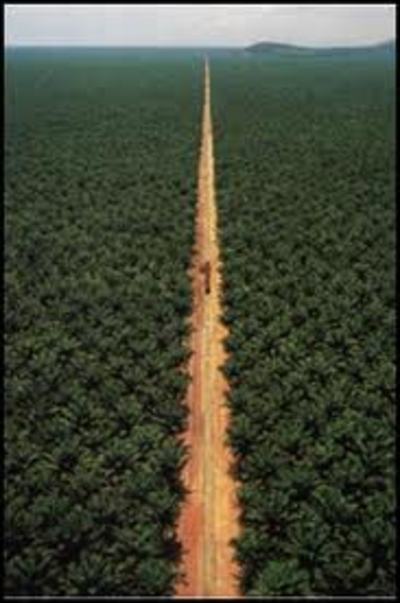
The world's largest commodities trader Glencore International AG is evaluating a bid for KS Oils, a leading Indian edible oil firm that has recently been acquiring farmland in Indonesia
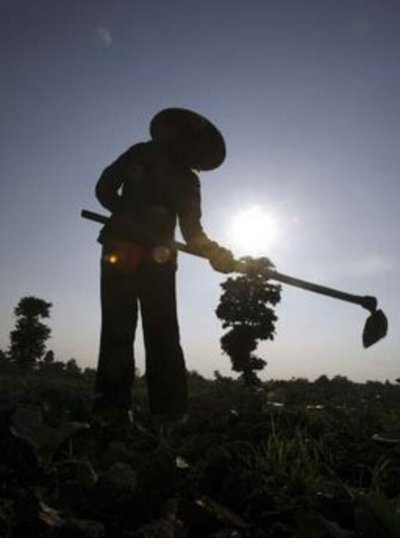
It's become known as the global land grab. More and more wealthy countries are buying up agricultural land in the developing world in at attempt to hedge against high food prices.

Foreign investment is being sought to develop projects on 5 million hectares of land that has been identified for sugar production.
"The desire of foreign monopoly capitalists in the US to acquire lands in PH is an open book. It is not a best kept secret. The monopolists in the US also want 100 percent ownership of other profitable sectors in the Philippines including but not limited to mining, eco-tourism, energy, public utilities, mass media, oil and gas, health and education."